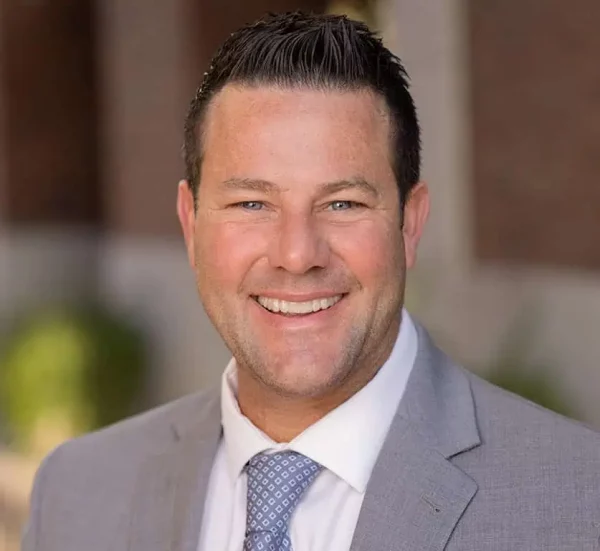The contest for Maricopa County attorney differed from many of the top-of-the-ballot races in that Donald Trump and the 2020 presidential election were never issues. Unlike her GOP peers, Rachel Mitchell never struggled
It’s taking some time to make sense of the 2022 midterm election.
We don’t have full results yet, with several races proving to be nail-biters.
But voters clearly had some messages to send amid the chaos.
Here’s what Arizona Republic opinion writers see as the smoke clears:
Unlike her GOP peers, Mitchell never struggled
The contest for Maricopa County attorney differed from many of the top-of-the-ballot races in that Donald Trump and the 2020 presidential election were never issues.
It differed, too, in how the results have played out. Or, rather, rolled out.
Appointed Republican County Attorney Rachel Mitchell, who declared victory on Monday, led consistently by roughly the same margin, 52% to 48%, even as margins in other offices either widened or narrowed (governor) – or even flipped (state attorney general, schools superintendent).
In electing Mitchell, voters essentially rejected Democrat Julie Gunnigle’s vision of overhauling the office by focusing on reducing the number of people sent to prison and reforming how police wrongdoing cases are handled.
Abortion access also apparently did not factor significantly, as Gunnigle pledged not to prosecute anyone and Mitchell said she wouldn’t go after women who seek or receive abortions.
– Abe Kwok, deputy editorial page editor
When this election is over and its managers do the post-mortem, we’re likely to find that Republican lawmakers over years of reforming elections created the log jam.
But that hardly matters.
The system is so slow it increases distrust in it. Across Arizona and the nation and even in Europe, people are asking what is wrong with Maricopa County?
Other states have built election systems that are fast and efficient. We can too.
– Phil Boas, columnist
Did most voters choose a guy who’s not running?
Whoever wins the District 22 Senate race may not change the chamber’s balance of power.
But whoever wins will be chosen by a fraction of voters that cast a ballot, and that’s unfortunate.
Democratic state Rep. Diego Espinoza won the primary. But he dropped out of the race and resigned from the House in September after taking a job at Salt River Project.
Nine write-ins – five Democrats, three Republicans and an independent – scrambled to run in his place for the Tolleson-area seat. But only Espinoza’s name was on the ballot.
Folks tried to get the message out: If you vote for Espinoza, your vote won’t count. You’ll need to write in one of the nine correctly.
Yet there are 31,308 undervotes so far, out of more than 43,000 votes cast. That means most voters either left the race blank, or (more likely) voted for Espinoza.
The leading write-in, Democrat Eva Diaz, has received a mere 5,750 votes.
– Joanna Allhands, digital opinions editor
Horne shouldn’t declare himself the winner yet
Since when do we declare victory before the contest is over?
The race for superintendent of public schools remains too close to call, with the leader flipping multiple times.
Yet Tom Horne declared himself the winner on Wednesday evening.
Is this the behavior we want from someone tasked with leading public schoolchildren in the state?
Also, since when do we flip-flop on when it suits our needs, rather than sticking to an objective strategy?
That’s where we are with Horne, who refused to concede the attorney general primary in 2014 after it became clear his loss was imminent.
If you won’t concede until it’s over, why is it OK to call yourself a winner before it’s over? It’s inconsistent, at best. Fair to call it intellectually dishonest?
Again, is this behavior we want to be teaching kids?












